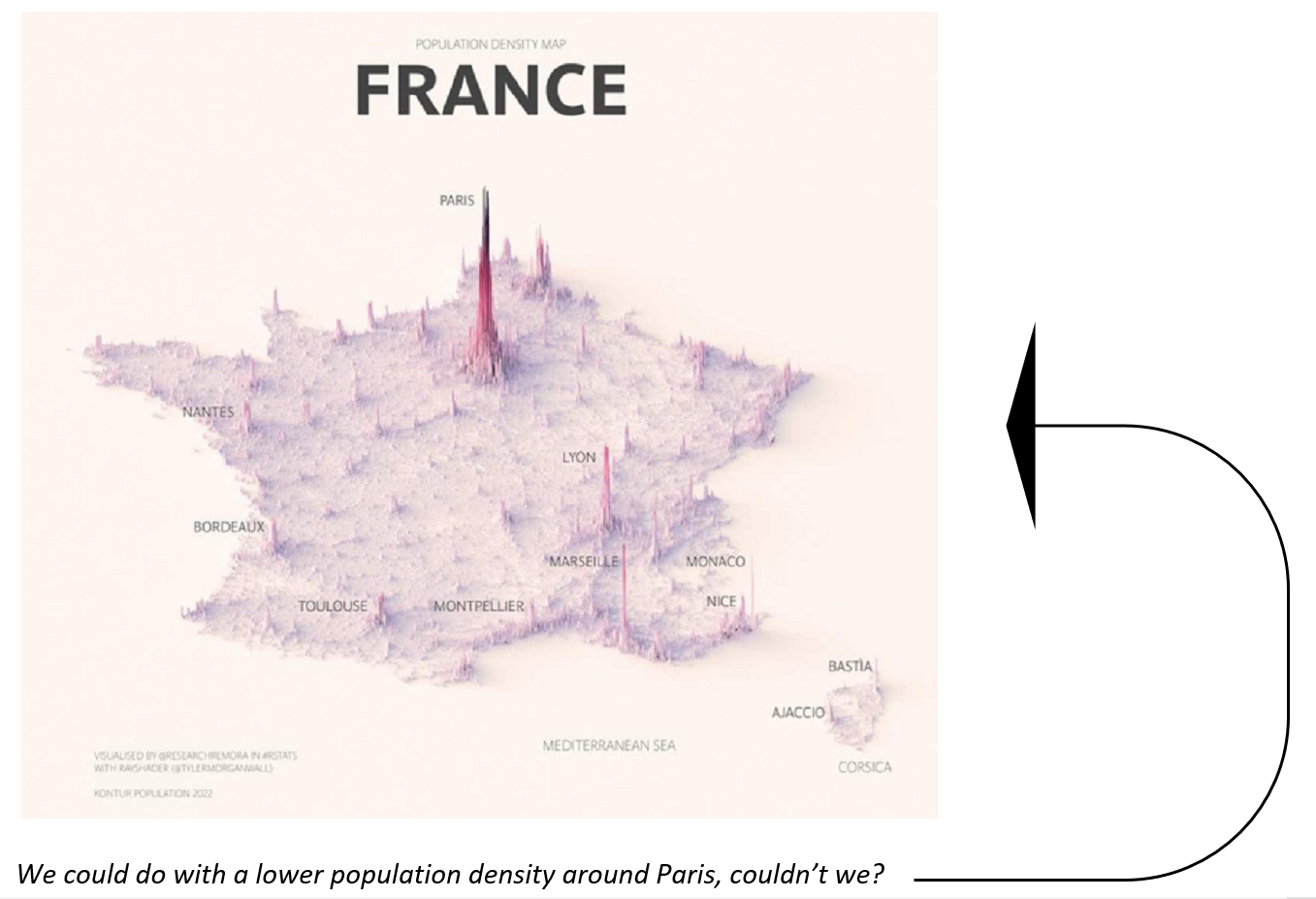

There was a time, not so long ago, between the collapse of the USSR and the pandemic, when the neo-liberal agenda was all about efficiency, lowering prices for everything and everyone, in an attempt to push consumption toward ever-higher summits, relentless growth being seen as the eternal modus vivendi to sustain mankind forward and the only raison d’être for business. This agenda was a short-lived success, seriously questioned when the underlying and completely under-estimated pillar, an excessive demand for resources, like energy and materials, in order to feed the massive production system, proved difficult to maintain and consequences of this over-utilization dramatically materialized in terms of climate modification on our only planet.
The next phase, about resilience, taking into account climate change, either as adaptation or attenuation thereof, and resource scarcity, is imposing a massive review of the previous doxa, with public action getting back some clout against the all-powerful market forces unleashed during the recent past. Transport has to be revisited, as the main global contributor to greenhouse gas (GHG) emissions, the increase thereof the villain behind climate change.
Changing transport is no easy task, as 8 billion people, not only those living in rich countries, have gotten used to un-restrained travel in just over one century, on whichever “ground”, land, sea, air, space now. Technically, low-carbon mobility is possible, but will take time to be substituted to fossil fuels-powered transport, emitting GHG galore. Time is critical to keep the climate genius in its bottle. What remains is changing habits, the social or societal approach, what some call frugality. For which social justice matters.
So, one “social” solution is to discourage individual travel and encourage public transport. As one of my friends used to say, any Paris area metropolitan express train (RER) is just the equivalent of hundreds of electric cars put together, and RER is moving millions of suburban dwellers every day. But, in large urban centers, where public transport is usually already at capacity, space is limited to install additional infrastructure. Some hard thinking about job relocation across a larger territory, along with home-working, would make more sense, though this also takes time, which we may not have.

Source: Creapills, 2023 with author elaboration
Besides the “quantity”, another motivated complaint is the “quality” of public transport, read poor, which, to an extent, can be socially accepted, even tolerated, if compensated for by cheap mobility prices. Supporters of the liberal agenda claim free competition applied to public transport allows a decrease in transport cost. True, when there is an under-utilization of the system, whether because or not of poor public management, like on the high-speed train network in Spain. Not true in the UK, at the end of the previous century, where and when the quality of service quickly dropped, and prices increased, sort of contra-intuitively, after competition was allowed: profitability had to come from savings out of an already exhausted network, for which improvement proved difficult and costly to be squeezed-out from.
Consider the situation today:
Expanding public transport will require investment, quite significant for this type of infrastructure, especially if land proves scarce. Amortization will be significant in P&L. And will take time to materialize.
Hiring personnel is difficult post-pandemic (workhours are not that handy for family-people, wages are not that high). Cutting salaries, a large share of Opex in this sector, does not seem a possibility.
Regulation authorities have to act quickly and strongly, when facing public outcries, thanks to media and social networks. It is not so easy to make change at warp speed.
In Europe, we are supposed to allow competition in public transport. Well, in France, and in other countries, progress is slow, as competitors do not rush to take over their share of this low-profitability business. Actually, the competitors are likely to be subsidiaries of other public entities, operating rail or road transport activities. And they may just grab the few segments with a decent profitability.
Moving quickly in front of climate change, whether to adapt or to attenuate, necessitates massive changes in the way we live. History has shown that procrastination can be overcome when facing immediate dangers, like wars or pandemics. Public action then gets mobilized on a big scale. Should public transport be considered as a subject of strong and urgent public action to reduce GHG emissions from mobility at large?
Philippe Marchand is a Bioenergy Steering Committee Member of the European Technology and Innovation Platform (ETIP).